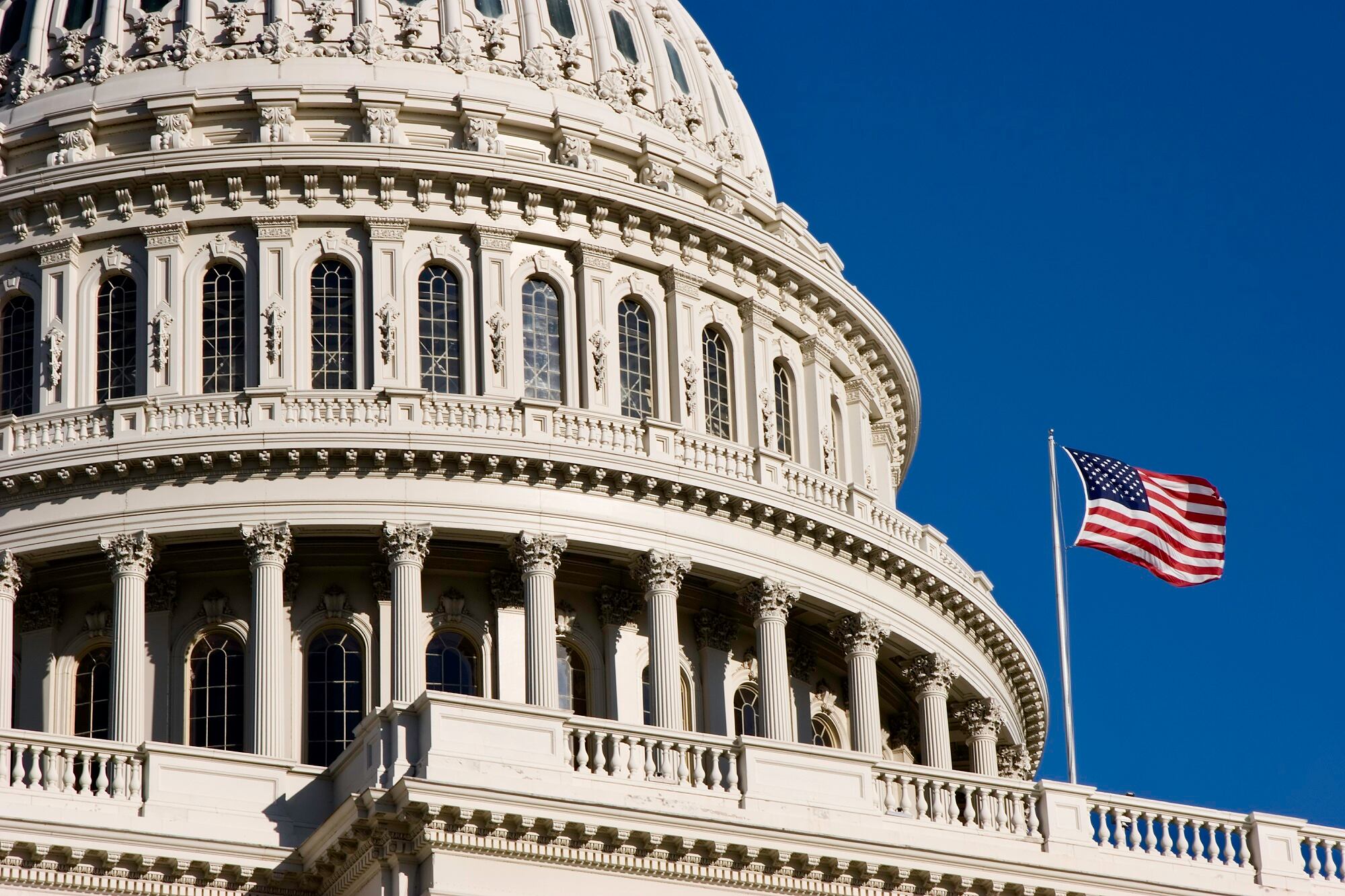Much has happened since the MoCRA was enacted in December of 2022, and there’s still more to come regarding implementing and enforcing MoCRA’s requirements for cosmetics and personal care product manufacturers.
To ensure compliance with upcoming MoCRA deadlines for enforcement in 2024, cosmetics and personal care product companies must stay current with the latest draft guidance documents, FDA updates, and requirement deadlines.
We spoke to Kelly Bonner, an associate at Duane Morris LLP who focuses on litigation risk and regulatory issues affecting businesses in the cosmetics and personal care industries, as well as cross-jurisdictional and complex commercial disputes involving FDA-regulated and consumer-branded products, for her review of FDA regulatory actions regarding MoCRA in 2023, and what cosmetics and personal care product companies need to know for the year ahead.
CDU: Can you provide a brief timeline of FDA regulatory actions in the cosmetics and personal care space over the past year?
KB: Obviously, you have to start with the Modernization of Cosmetics Regulation Act (MoCRA), which was enacted on December 23, 2022, and is the first major statutory change to the U.S. federal government’s ability to regulate cosmetics since 1938. MoCRA expands the Food and Drug Administration’s authority over cosmetics and creates substantial new obligations for manufacturers, packers, and distributors of cosmetics intended for sale in the United States, and this year has really been dominated by FDA’s efforts to implement and issue guidance related to MoCRA.
FDA’s regulatory activities related to MoCRA have really dominated this year, as shown below:
On March 27, 2023, FDA ceased accepting submissions to its Voluntary Cosmetic Registration Program (VCRP) in anticipation of MoCRA’s facility registration and product listing requirements, and in August, released much-anticipated draft guidance on facility registration and product listing.
On September 15, 2023, FDA announced a comment period for its newly developed draft electronic submission portal (Cosmetics Direct) and paper forms (Forms FDA 5066 and 5067). FDA provided an additional update on the November 1, 2023 launch date.
On October 13, 2023, FDA announced the publication of its Structured Product Labeling (SPL) Implementation Guide with Validation Procedures, which can be used to develop SPL authoring tools for submitting cosmetic product facility registrations and product listings online.
On November 8, FDA announced its intent to delay the enforcement of cosmetic product facility registration and cosmetic product listing requirements for six months July 1, 2024) to provide the industry with sufficient time.
Additionally, in February 2023, FDA announced that it intended to move cosmetics regulation and color certification functions out of its current home, the Center for Foods Center for Food Safety and Applied Nutrition (CFSAN), and into the Office of the Chief Scientist, which Dr. Dr. Namandjé N. Bumpus formerly headed. With Dr. Bumpus’s recent promotion to principal deputy commissioner, it remains to be seen who will oversee MoCRA’s rollout from an OCS perspective.
CDU: What are the most important deadlines for cosmetics and personal care product manufacturers in 2024?
KB: December 29, 2023, is when you’ll see the first of MoCRA’s effective deadlines for maintaining records for adequate product safety substantiation, adverse event reporting and recordkeeping, and updating professional product labeling. After that, June 29, 2024, is the date by which FDA must issue its proposed rule regarding the labeling of fragrance allergens, while July 1, 2024, will be the date on which FDA has said it intends to enforce cosmetic product facility registration and cosmetic product listing requirements under MoCRA.
Then, in December, FDA must issue its proposed rule on mandatory GMPs for cosmetics manufacturers (December 29). December 29, 2024, is also the effective date by which cosmetics companies must update their labeling to provide contact information for reporting adverse events.
CDU: What should manufacturers and suppliers to the cosmetics and personal care product industries do right now to prepare for these impending changes/deadlines?
KB: If they haven’t already, manufacturers and suppliers should read the full text of MoCRA, as well as FDA’s Draft Guidance and notices on MoCRA’s rollout, and become deeply familiar with the new requirements. Then, they should identify their Responsible Person—the individual or team, whether in-house or a third party, who will serve as the company’s MoCRA expert. Identify what information or documentation MoCRA will require.
Review your policies and conduct a gap analysis to identify deficiencies. Talk to your resources, whether that involves contacting the FDA with questions, attending trade association events, liaising with outside counsel, or a third-party compliance firm. Identify what questions you have. Stay tuned for additional guidance and updates.
CDU: Are there any resources available to assist cosmetics and personal care product manufacturers and suppliers in adhering to the upcoming regulatory requirements?
KB: Yes, FDA maintains a website devoted to MoCRA’s rollout, with links to guidance, and has hosted a series of listening sessions on key topics. The Personal Care Products Council and Independent Beauty Association have hosted presentations and webinars and published guidance on MoCRA. Some third-party firms specializing in regulatory compliance are prepared to advise on MoCRA’s obligations.
CDU: What happens if cosmetics and personal care product manufacturers and suppliers fail to comply with the upcoming regulatory requirements?
KB: That depends. Failure to comply with MoCRA’s obligations can lead to products being considered adulterated or misbranded under the Food, Drug, and Cosmetics Act, thus violating federal law. MoCRA also gives FDA a number of powerful new enforcement tools, from mandatory recall to suspending a facility’s registration to mandatory records inspection if FDA has reason to believe there is a reasonable probability of causing serious adverse health consequences or death to humans and the agency (among other criteria).
That said, FDA is aware that MoCRA is new and imposes a number of significant obligations on the industry, that the industry has been generally cooperative, and thus far seems willing to work with the industry—at least in the early years of MoCRA’s rollout—and be flexible and responsive to industry concerns.
CDU: Are any additional changes anticipated regarding the upcoming regulatory compliance requirements?
KB: Yes – MoCRA requires FDA to enact regulations addressing not only GMP but also identifying fragrance allergens that must be disclosed on cosmetics labels (in line with EU and other international requirements) and standardized testing methods for detecting and identifying asbestos in talc-containing products with timelines for the issuance of proposed rules and final rules within three years.
Additionally, MoCRA requires FDA to prepare and publish a report assessing the use of per- and polyfluoroalkyl substances (PFAS) in cosmetics and their safety, signaling the possibility of further legislation or regulation, if warranted. This is in addition to proposed Congressional legislation that, if passed, would prohibit the intentional use of PFAS in cosmetics. So you can expect additional changes over the coming years.
CDU: Anything else to add?
KB: MoCRA represents a sea change in how FDA regulates the cosmetics industry. It significantly expands the agency’s rulemaking and enforcement authority over cosmetics while closing a number of gaps in the existing regulatory framework. However, MoCRA doesn’t answer every question. MoCRA’s regulatory upheaval and FDA’s need to work out the granular details mean that you should expect MoCRA’s rollout to unfold over the better part of the next decade.
These shifts take time. Without clear regulatory guidance, you can expect an uptick in private litigation by an aggressive plaintiff’s bar that may seek to use MoCRA’s obligations and any alleged noncompliance as the basis for state consumer protection or product liability claims.





